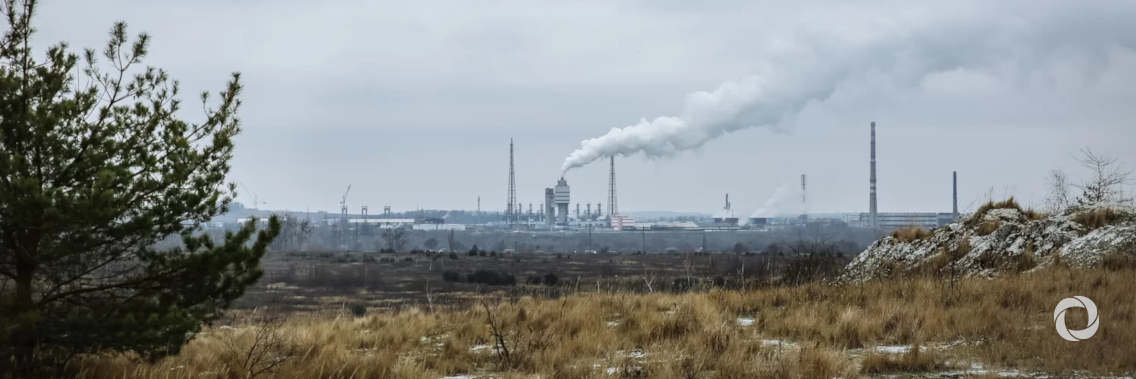The Intergovernmental Panel on Climate Change (IPCC) released an update to its methodology used by governments to estimate their greenhouse gas emissions and removals.
Governments are required to report their national greenhouse gas inventories — comprising estimates of greenhouse gas emissions and removals — to the United Nations Framework Convention on Climate Change (UNFCCC) including under processes such as the Kyoto Protocol and Paris Agreement.
The updated IPCC methodology improves this transparency and reporting process by ensuring that the methodology used to determine these inventories is based on the latest science.
The new report, the 2019 Refinement to the 2006 IPCC Guidelines on National Greenhouse Gas Inventories (2019 Refinement), was prepared by the IPCC’s Task Force on National Greenhouse Gas Inventories (TFI). A plenary session of the IPCC Panel in Kyoto, Japan, adopted the report’s Overview Chapter and accepted the main report.
“The 2019 Refinement provides an updated and sound scientific basis for supporting the preparation and continuous improvement of national greenhouse gas inventories,” said Kiyoto Tanabe, Co-Chair of the TFI.
The 2019 Refinement provides supplementary methodologies to estimate sources that produce emissions of greenhouse gases and sinks that absorb these gases. It also addresses gaps in the science that were identified, new technologies and production processes have emerged, or for sources and sinks that were not included in the 2006 IPCC Guidelines.
Over 280 scientists and experts worked on the 2019 Refinement to produce many changes to the general guidance as well as methodologies for four sectors: energy; industrial processes and product use; agriculture, forestry and other land use; and waste.
The meeting of the UNFCCC’s subsidiary bodies in June 2019 will provide a first opportunity for Governments in the UNFCCC to receive and review the updated methodology, and determine the best pathway towards implementing the 2019 Refinement.
Original source: UNFCCC
Published on 13 May 2019

